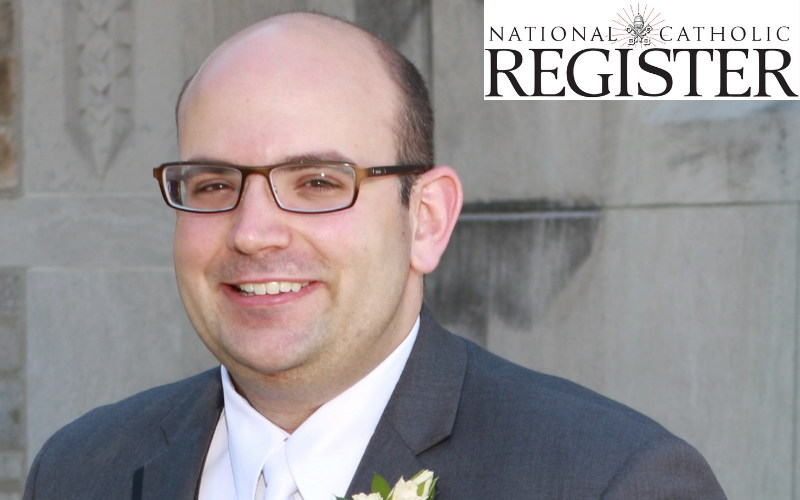Now is the perfect time — to place the dignity of the human person at the center of the relationship and build an ethical, life-affirming and sustainable healthcare system.
All of this is particularly urgent in light of the fact that mainstream medicine and the Ethical and Religious Directives (ERD), which are binding on Catholic healthcare facilities, diverge in a number of areas. The pressure on Catholic healthcare facilities to act contrary to these ERDs is immense. To avoid scandal to the Body of Christ, unnecessary conflict with the broader healthcare culture, and to ensure that the focus is on the corporal and spiritual works of mercy, Catholic healthcare institutions should take pains to educate their employees about the true nature of medicine. Grace builds upon nature, so we cannot expect Catholic health care that witnesses to the resurrection of the body and eternal life in imitation of Christ unless we are clear about the nature of health care itself. Now is the time to reaffirm the foundation of medicine as service to the human person made in the image of God and called to the likeness of God (Genesis 1:26).
To understand the nature of the doctor-patient relationship, we need to begin by understanding the nature of the human person as an integration of soul, mind, and body, capable of reason, inherently relational, and called to communion on the level of knowledge and love. With this in mind, doctors must be attentive that the patients they are treating are persons of intrinsic dignity whose vocation is love. Likewise, patients must be aware that their doctors have equal dignity and a special competence in medicine. The doctor is to serve the patient by seeking to the best of his or her ability to restore the patient’s health. In the most basic sense, the medical profession is about helping the patient — as a human person — recover his or her full health.
Medicine is a service industry. The doctor is the one who serves, and the patient is the one being served. Yet, there are three primary distortions of the doctor-patient relationship that have developed over time which impede this relationship and, thereby, true health care.

